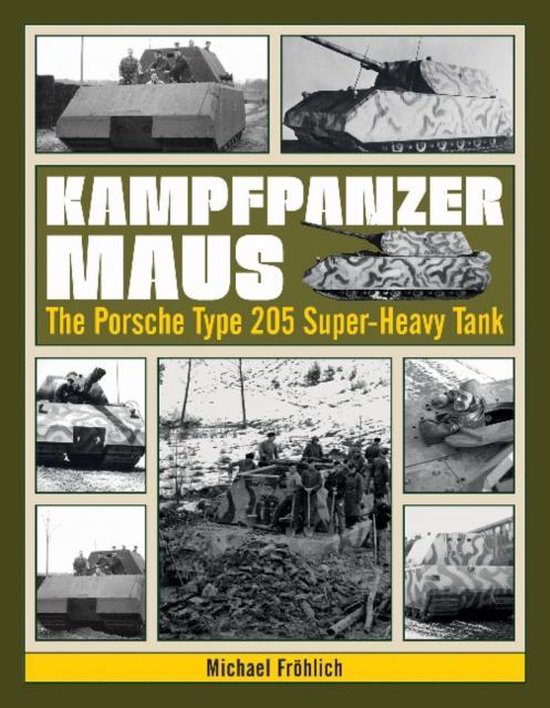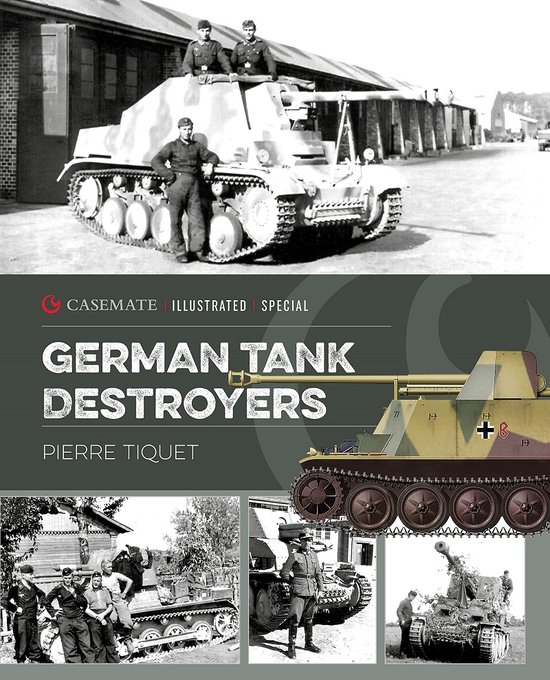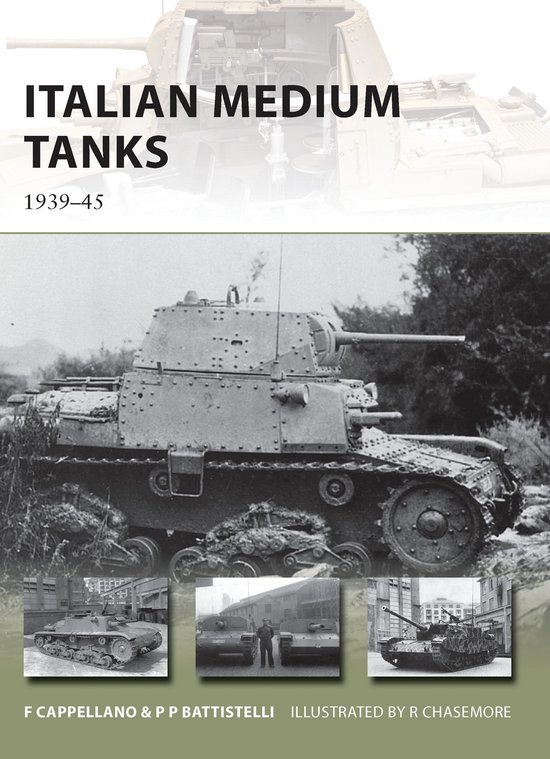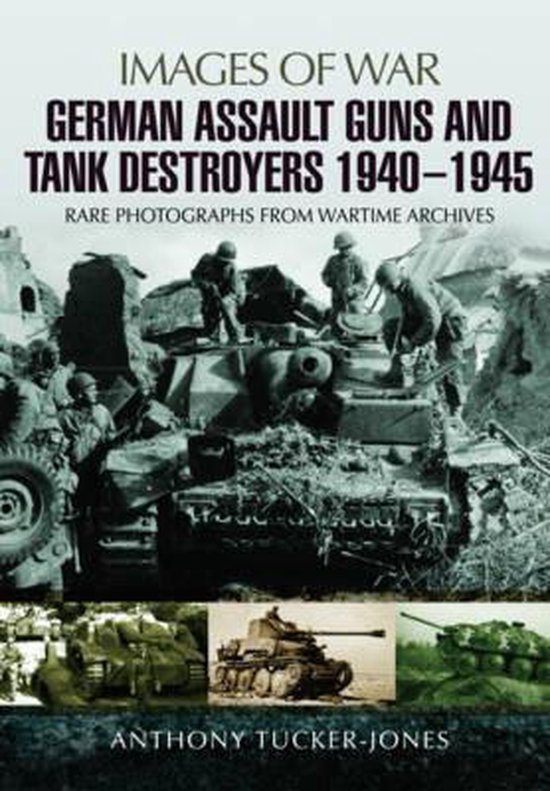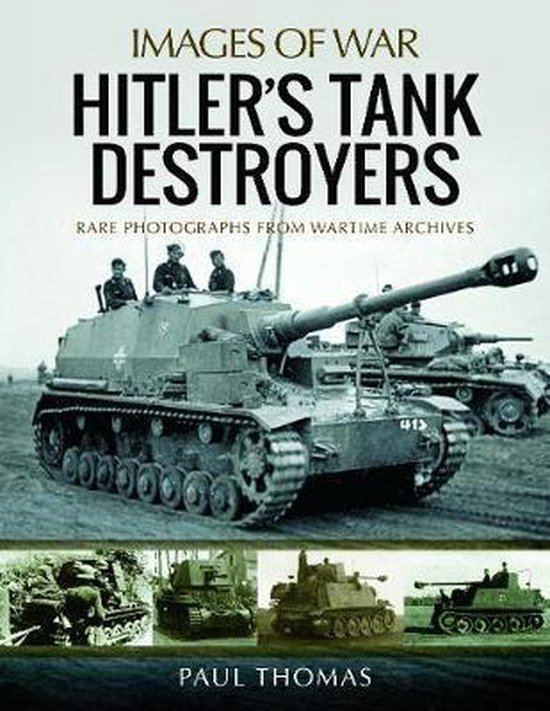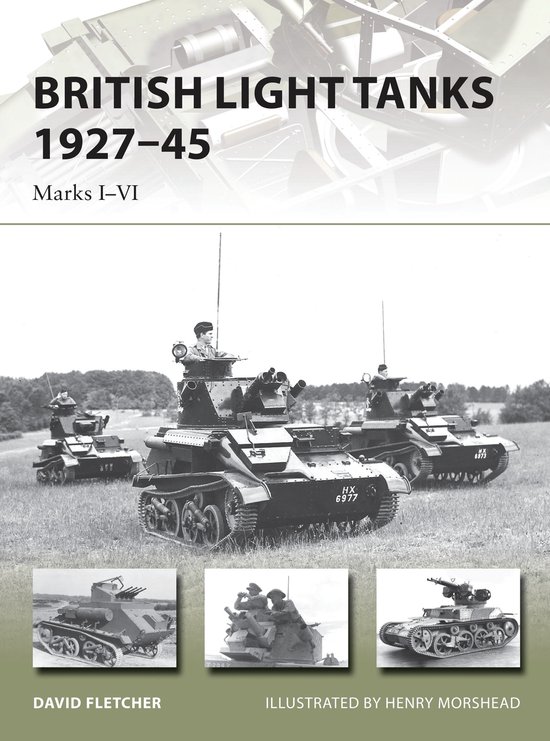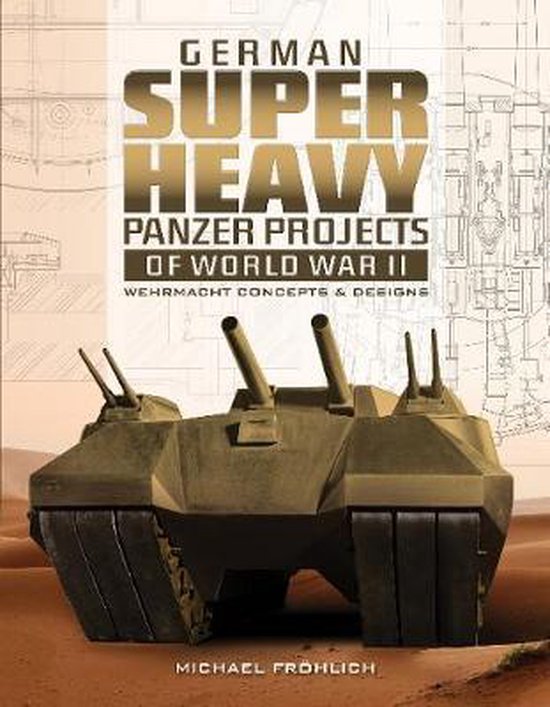
German Superheavy Panzer Projects of World War II
Tank design bureaus first became involved in the development of very heavy tanks after WWI. In addition to the militaries of Germany and England, the Soviet Union was also fascinated by these monsters. Behind it was the concept of transferring the heavy armament of naval warfare to land warfare. These superheavy vehicles were to move across the land the way battleships moved on the sea, and were to be capable of simultaneously defeating enemy forces from any direction. In this follow-up to his highly regarded work on the Panzerkampfwagen “ Maus,” Michael Fröhlich turns his attention to the other superheavy Wehrmacht designs, such as the Grille 17, the Löwe VK 7001, the Räumer S, the Mörser Bär, the E-100 (successor to the Maus), and the 1,100-ton Urling armored howitzer. Fröhlich comprehensively describes their development, technology, and testing, and the eventual fate of those vehicles that were built or only projected. Many rare and never-before-published photographs and drawings of the vehicles complement this unique work.
| Auteur | | Michael Fröhlich |
| Taal | | Engels |
| Type | | Hardcover |
| Categorie | | Mens & Maatschappij |
